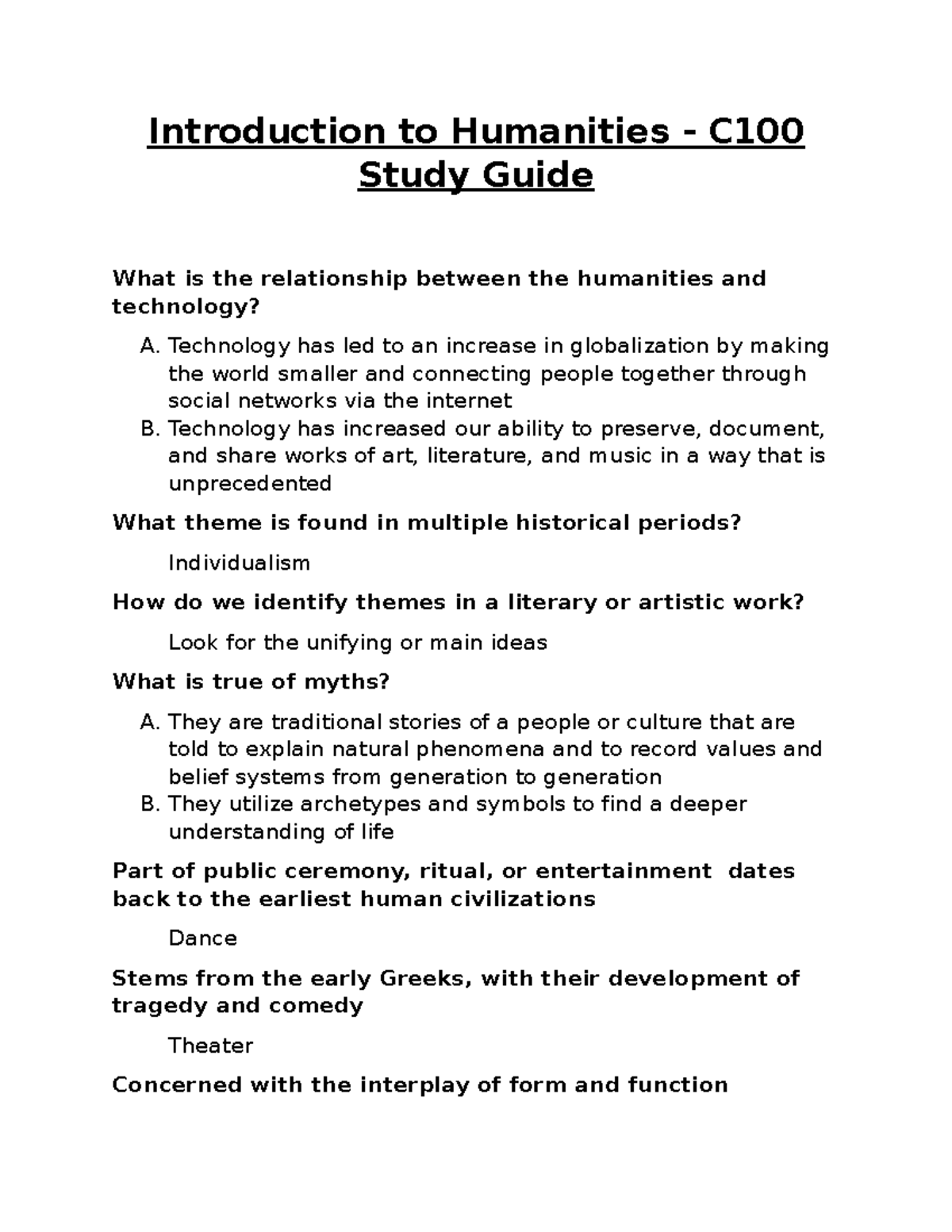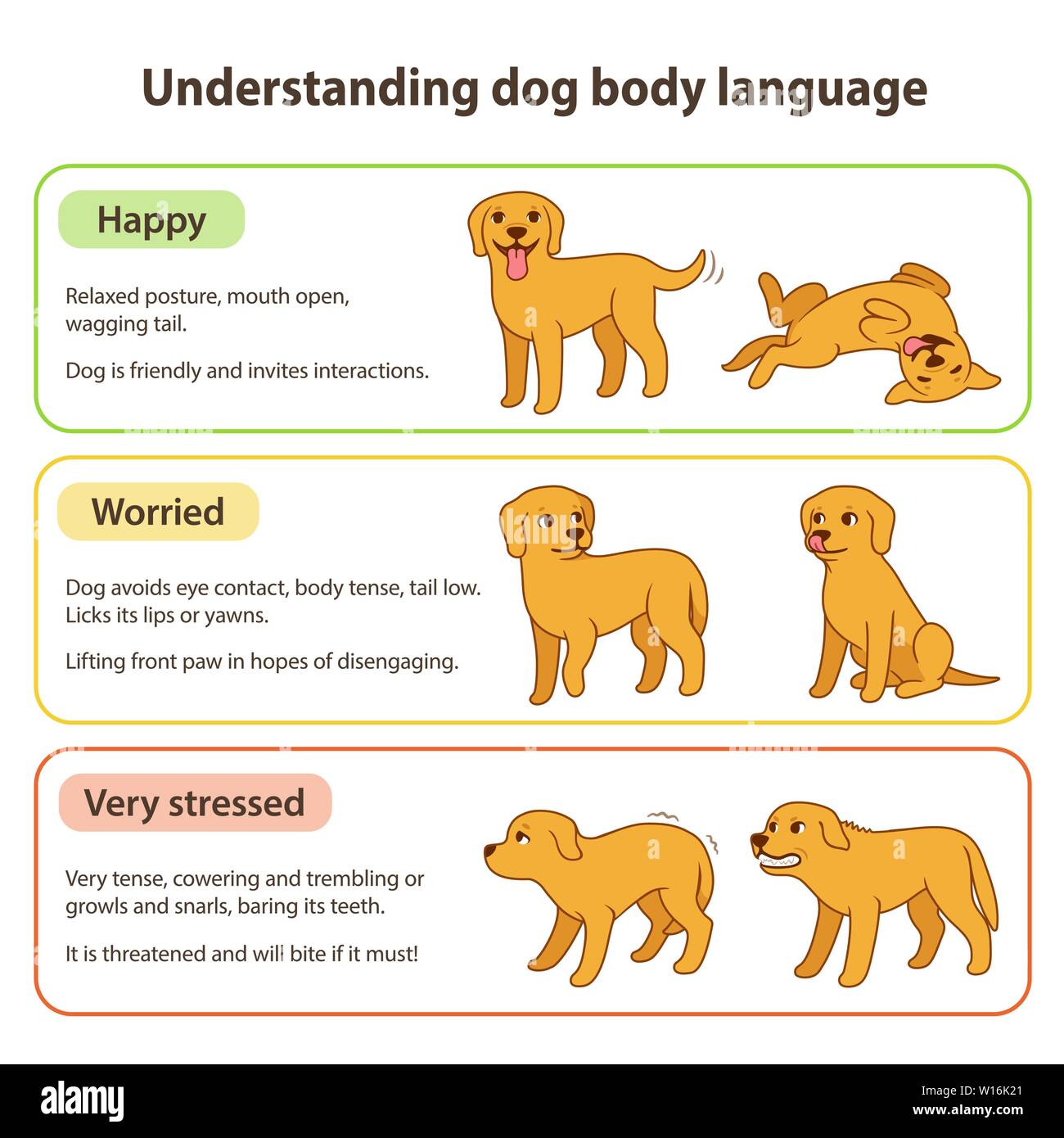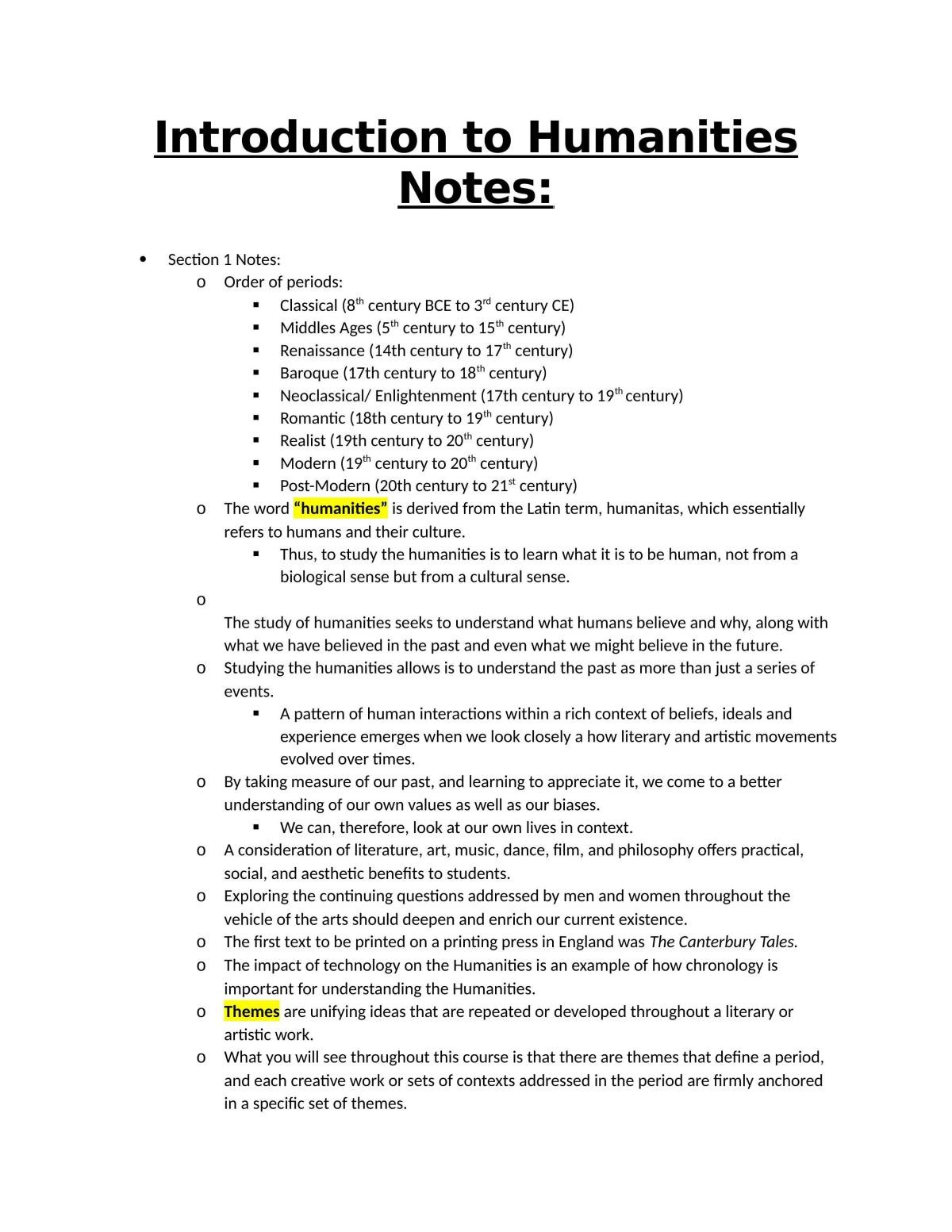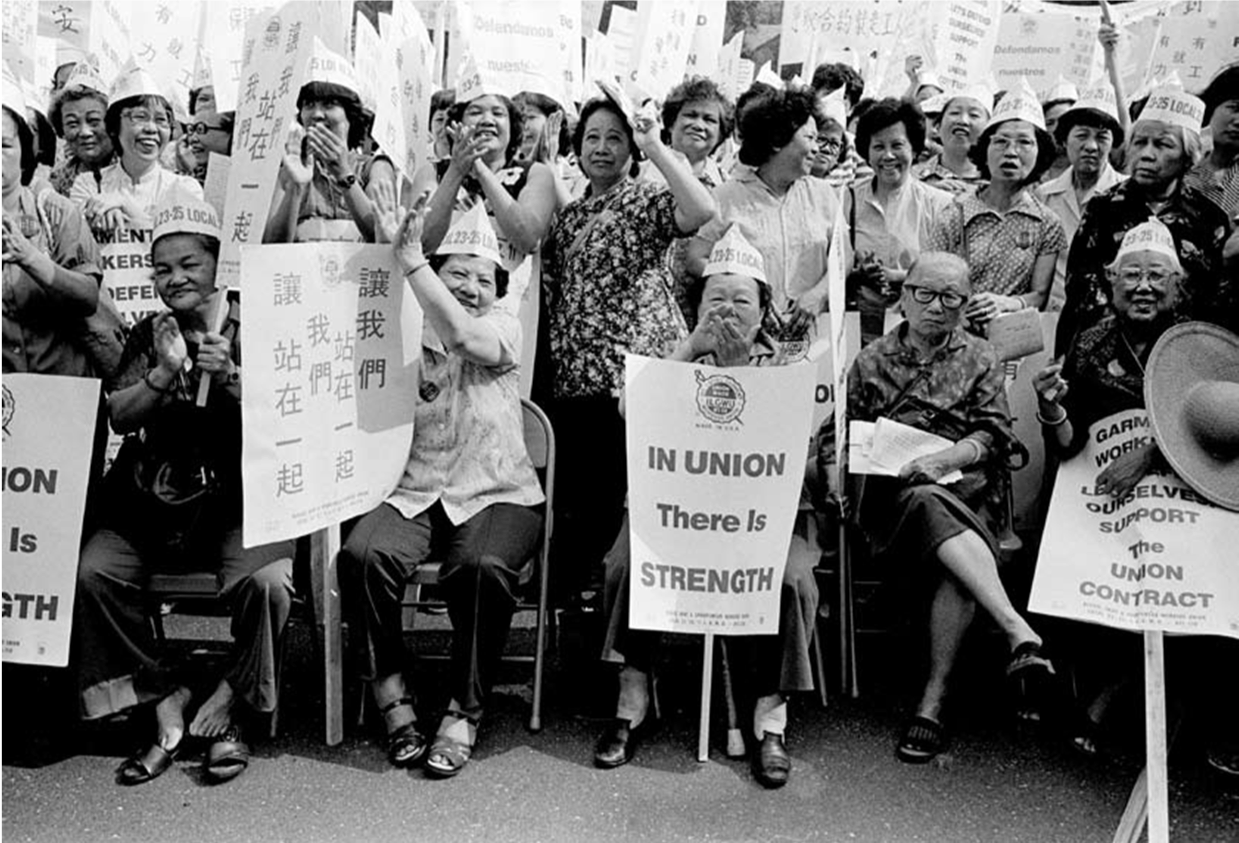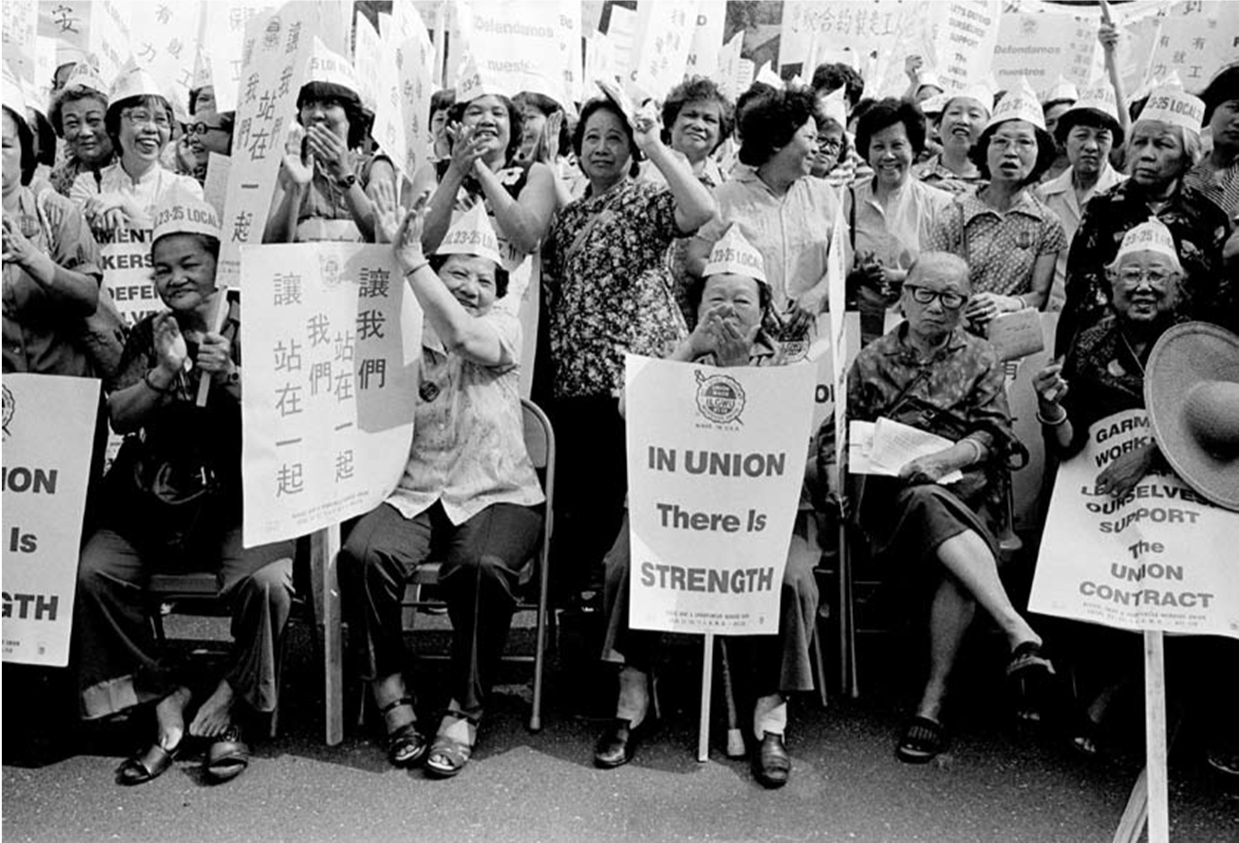Severance, the compelling Apple TV+ series, dives deep into the complexities of modern existence by portraying the lives of employees who have chosen to undergo a groundbreaking procedure that segregates their work and personal selves. This innovative show captivates viewers not just with its high-concept storytelling but also with its exploration of themes such as identity and free will. As the show unfolds, it highlights the increasingly fraught conversation surrounding work-life balance in today’s fast-paced world. In a recent Nicky Weinstock interview, the co-producer reflected on the show’s unique ability to capture the internal conflicts many face as they navigate professional and personal identities. With Severance season 3 on the horizon, fans are eager to see how the intricate narrative evolves and what new revelations await in this provocative series.
The Apple TV+ original series “Severance” captivates its audience by tackling the multifaceted nature of self and how it can fracture in the workplace. By presenting a dystopian world where individuals experience dual identities, it challenges viewers to consider their own struggles with work stress and personal fulfillment. The show’s intriguing premise resonates deeply, particularly in today’s climate where issues of separation between professional duties and personal life are increasingly relevant. Engaging discussions, such as the recent insights shared during the Nicky Weinstock interview, shed light on the creative process and thematic depth behind this groundbreaking television series. With anticipation building for the next installment, fans can expect further exploration of the delicate balance between identity and freedom as the story progresses.
The Intriguing Concept of Severance
The Apple TV show “Severance” introduces viewers to a unique and thought-provoking premise that dissects the complexities of modern existence. By exploring the lives of office workers who choose to separate their consciousness into an “innie” at work and an “outie” elsewhere, the series invites us to question the nature of personal identity and free will. This juxtaposition reflects a common struggle faced by many in our work-centric society: balancing professional responsibilities with personal freedoms. Such themes resonate deeply with audiences navigating the often conflicting demands of their professional and personal lives.
At its core, “Severance” critiques the concept of work-life balance in a way that feels eerily familiar in today’s corporate climate. As viewers delve into the lives of the characters, they are forced to confront their own roles in this societal framework. The drama expertly magnifies feelings of alienation and duality, creating an unsettling yet captivating viewing experience. The series not only entertains but also serves as a mirror, reflecting broader discussions around identity, autonomy, and the lengths to which individuals go to manage their multifaceted existences.
Nicky Weinstock’s Vision Behind Severance
Nicky Weinstock, the co-producer of “Severance,” infuses a wealth of personal experience and global perspective into the show’s creation. His journey from a Harvard education to Hollywood showcases his commitment to storytelling that transcends cultural boundaries. In his interviews, Weinstock has shared insights into the challenges and revelations that came with developing a story that is both groundbreaking and resonant. He recalls the excitement surrounding the original script by Dan Erickson, a piece that felt refreshingly original and unlike anything seen on screen before.
Under Weinstock’s guidance, “Severance” evolved from a simple script to a social commentary that connects with audiences in unprecedented ways. He skillfully navigates the delicate balance of innovation and relatability, ensuring that the show’s themes of identity and workplace dynamics are both entertaining and thought-provoking. Fans are left both intrigued and unsettled, reflecting on their own experiences and perceptions—thus, solidifying “Severance” as a key player in modern television.
Themes of Identity and Free Will in Severance
The exploration of identity and free will lies at the heart of “Severance,” captivating audiences with its rich narrative and complex character arcs. Each episode pushes viewers to confront the duality of human existence: the concept of self that exists within the rigid structures of work and the more authentic self that thrives outside of these constraints. In doing so, the show poses critical questions about autonomy—how much control do we really have over our lives when societal roles and expectations dictate our behavior?
Moreover, as characters grapple with their fragmented identities, viewers are left to ponder their own experiences with conforming to societal norms. The stark contrast between the “innie” and “outie” personalities serves as a metaphor for the internal conflicts many feel in their daily lives—striving for authenticity in a world that often demands conformity. The show’s ability to translate these heavy themes into engaging storytelling has earned it a dedicated fan base, ensuring that discussions surrounding these ideas will continue beyond the screen.
The Impact of COVID on Severance’s Narrative
The events of the COVID pandemic have inadvertently shaped how audiences interpret the narrative of “Severance.” The show’s first season premiered during a time of collective confinement and disconnection, echoing real-life feelings of claustrophobia and confusion experienced globally. Viewers resonated with the show’s themes of isolation, illuminating the stark realities of remote work and the blurred lines between personal and professional life, which many faced during lockdowns.
As Season 2 delved deeper into the expanded world of “Severance,” it served as a compelling reminder of the ongoing struggle for meaning and human connection in an increasingly unpredictable landscape. The series not only reflects the anxieties born from our current socio-political climate but also offers a commentary on the essence of humanity in a fragmented world. This mirrored experience, combined with the show’s innovative storytelling, has sparked discussions around social dynamics and personal truths, setting the stage for the anticipated developments in Season 3.
Looking Forward to Severance Season 3
Anticipation for “Severance” Season 3 is building among fans eager to see how the narrative will unfold. Nicky Weinstock hints at a significant departure from the previous seasons, promising an expansive exploration of the concept of severance and its implications. This upcoming season aims to broaden the horizons of the show’s core themes, challenging viewers to re-evaluate their perceptions of identity and life choices in the face of new revelations and shifting dynamics.
As the cliffhanger ending of Season 2 left critical questions hanging in the air, audiences are eager to find out how the characters navigate their bifurcated existences in a more complex landscape. With expectations set high, Season 3 is poised to captivate both loyal fans and newcomers, encouraging deeper reflections on the nature of work-life balance and the struggles that come with reconciling multiple aspects of oneself. As discussions around the show continue to evolve, “Severance” will likely remain a touchstone in television for exploring the nuances of modern existence.
The Cultural Relevance of Severance Today
“Severance” holds a mirror to today’s cultural climate, where the exploration of identity, autonomy, and work-life balance is more relevant than ever. The show’s captivating premise resonates with individuals navigating the complexities of modern existence, where technology often dictates the boundaries of personal and professional lives. By presenting a narrative that delves into the dualities of the human experience, “Severance” encourages viewers to examine their own relationships with work, identity, and societal expectations.
Furthermore, as conversations about mental health and employee well-being gain traction, the themes explored in “Severance” underscore the importance of addressing these issues. The series not only entertains but also sparks necessary dialogues about the consequences of sacrificing personal identity for professional success. As viewers engage with the show’s narrative, they are invited to reflect on their own experiences and consider how they can reclaim their identities in an increasingly compartmentalized world.
Nicky Weinstock’s Journey from Harvard to Hollywood
Nicky Weinstock’s path from Harvard to Hollywood exemplifies the fusion of academia and creativity in the entertainment industry. As a Harvard alum, he cultivated a diverse worldview, shaped by interactions with varied cultures during his studies. This global perspective has been instrumental in his approach to producing “Severance,” enabling him to tell stories that resonate beyond geographical boundaries and delve deeper into the philosophical aspects of identity and existence.
In recounting his journey, Weinstock emphasizes the importance of embracing creativity and collaboration in Hollywood. His experiences highlight the challenges faced by newcomers in the industry, particularly when trying to bring unique, unorthodox stories to life. With “Severance,” he successfully challenges conventional narratives and taps into universal themes that speak to the human condition, paving the way for future creatives who seek to innovate within the realm of television.
Severance’s Uniqueness in the Streaming Landscape
In an era dominated by countless streaming options, “Severance” stands out for its audacity and distinct storytelling. The show’s unique premise not only captures audience attention but also fosters a dialogue about deep existential questions. By daring to explore the fractures in personal identity and the quest for meaning through the lens of corporate culture, it reframes viewer expectations from a typical workplace drama into a profound exploration of self.
The production quality, combined with a compelling script and exceptional performances, sets “Severance” apart from other shows in the crowded marketplace. As streaming services strive to attract and maintain viewership, the impact of groundbreaking series like “Severance” becomes paramount, influencing future content creation. This innovative approach to storytelling not only advances the conversation around themes of free will and identity but also encourages audiences to engage with media that reflects their own realities.
The Allure of Willfully Strange Storytelling
One of the defining features of “Severance” is its commitment to willfully strange storytelling. This unique narrative style draws in viewers who are looking for something different—something that defies conventional tropes and pushes the boundaries of television. As Nicky Weinstock notes, the show has become a sensation in part due to its commitment to its bizarre yet captivating premise, evoking curiosity and engagement from audiences eager to decipher its layered meanings.
The allure of such storytelling lies in its ability to resonate on multiple levels, allowing audiences to engage intellectually with the narrative. As viewers navigate the intricacies of the storyline and explore the themes of consciousness and duality, they are invited into a much deeper conversation about their own experiences and identities. This willingness to embrace the strange, to challenge norms, positions “Severance” as a trailblazer in contemporary television, garnering attention and acclaim across the media landscape.
Frequently Asked Questions
What is the concept behind the Severance TV show on Apple TV+?
The Severance TV show on Apple TV+ revolves around a unique procedure that separates the consciousness of office workers into two identities: the ‘innie’ who behaves in the corporate environment and the ‘outie’ who exists outside of work. This intriguing premise explores themes of work-life balance, identity, and free will, capturing the tensions of modern existence.
How does the Severance series reflect on work-life balance?
Severance delves deeply into the struggle of work-life balance by presenting characters who literally split their identities. This division highlights the challenges many face in reconciling their professional and personal lives, prompting viewers to reflect on the nature of their own work-life dynamics.
What themes are explored in Severance, especially regarding identity and free will?
Severance intricately weaves themes of identity and free will by demonstrating how the characters’ disconnection from their other selves affects their choices and interactions. The show raises profound questions about personal agency and the roles we play in different aspects of our lives.
Will there be a Severance season 3, and what can we expect?
Yes, Severance season 3 is confirmed! Nicky Weinstock, a producer of the show, suggests that this season will diverge significantly from the previous ones, offering a broader exploration of the show’s core concepts. Expect expansive developments in the narrative that delve deeper into the implications of severance.
What did Nicky Weinstock say about the future of the Severance TV series?
In a recent interview, Nicky Weinstock expressed enthusiasm for Severance’s future, indicating that season 3 will expand the show’s universe in unexpected ways. He emphasized that the concept of severance allows for limitless narrative possibilities, promising viewers a dynamic continuation of the story.
How has the Severance show resonated with audiences post-COVID?
After its release, Severance struck a chord with audiences, particularly in the context of the COVID-19 pandemic. The show’s exploration of isolation and confinement mirrored viewers’ real-life experiences, leading to a strong connection with the narrative and its characters.
What makes the Severance TV show unique in its storytelling?
Severance stands out due to its innovative storytelling approach, combining a bizarre yet relatable premise with meticulous execution. The show’s ability to mix dark humor with profound philosophical inquiries fosters a unique viewing experience that keeps audiences engaged.
Who are the key figures behind the production of Severance?
Severance is produced by notable figures including Nicky Weinstock and Ben Stiller, with the initial script written by Dan Erickson. This collaboration has played a crucial role in shaping the show’s distinct atmosphere and innovative concept.
What can we learn about our own identities from watching Severance?
Viewing Severance invites reflection on our own identities and the personas we adopt in different settings. The show’s premise encourages viewers to consider the complexities of their lives and the often conflicting roles they play in society.
Is there any news from Nicky Weinstock regarding the direction of Severance season 3?
While details remain scarce, Nicky Weinstock has hinted that Severance season 3 will feature dramatic shifts in narrative direction, expanding on the themes introduced in the previous seasons while presenting fresh challenges for the characters.
| Key Point | Details |
|---|---|
| Concept of ‘Severance’ | The show depicts characters who have undergone a procedure separating their work and personal lives, leading to a conflict of identity. |
| Producer Background | Nicky Weinstock, a Harvard alum, co-produces ‘Severance’, emphasizing a global storytelling perspective. |
| Initial Reception | The show’s unique concept and execution led to widespread interest, attracting notable actors and a strong production team. |
| Cultural Reflection | The show mirrors post-COVID sentiments of confinement and uncertainty, resonating with viewers’ real-life experiences. |
| Future of the Show | The upcoming third season promises to diverge from previous seasons, exploring the expansive theme of personal bifurcation. |
Summary
The Severance TV show has captivated audiences with its thought-provoking premise, exploring the intricate dynamics of identity, work, and personal life. Following the gripping narrative of its second season, viewers are left pondering the implications of a life divided between an ‘innie’ and an ‘outie’. As the series prepares for its third season, it not only continues to entertain but also serves as a mirror reflecting contemporary societal dilemmas, making Severance a relevant cultural touchstone of our times.



